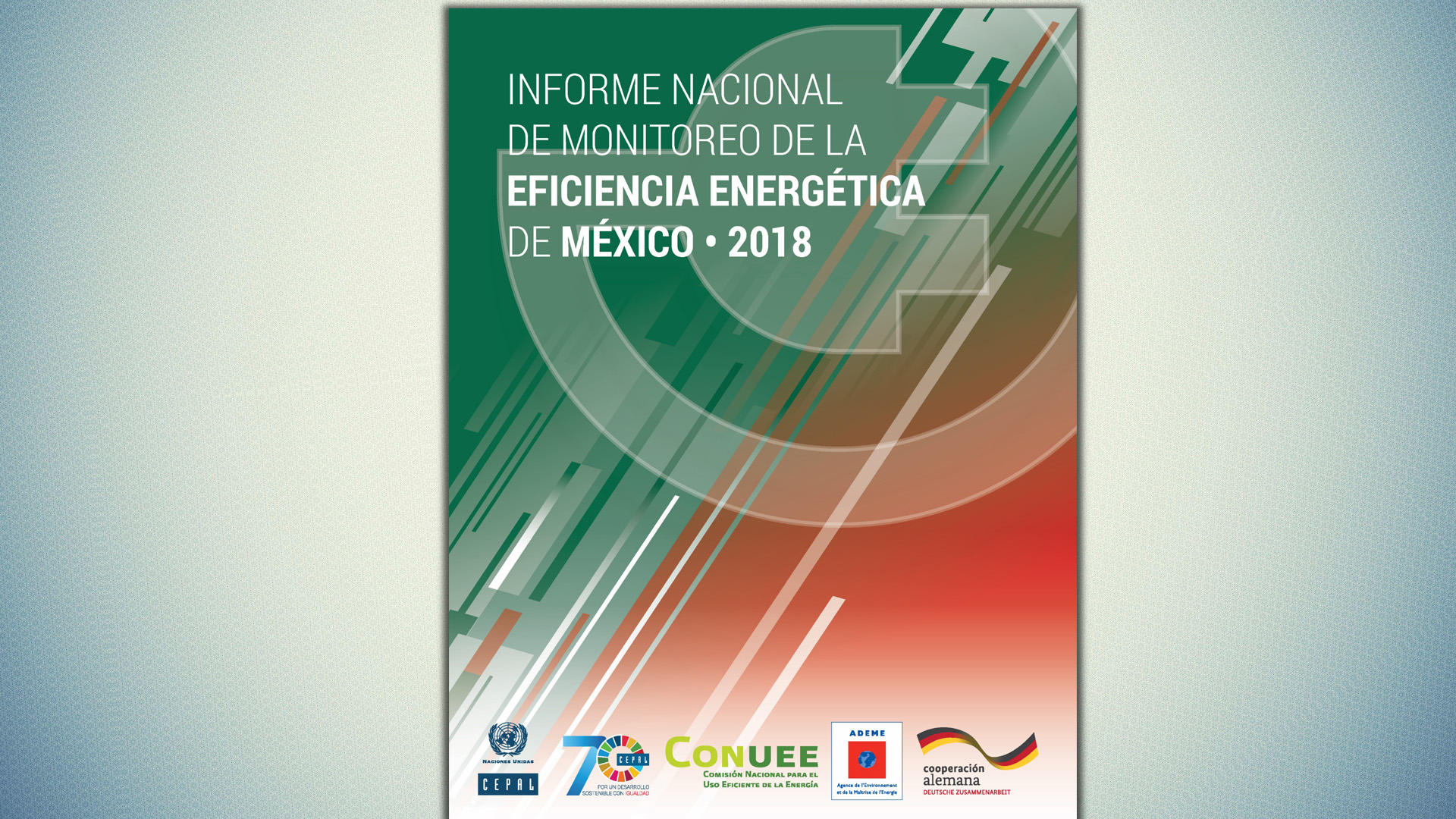ECLAC Recognizes Mexico’s Progress on Energy Efficiency for Achieving the 2030 Agenda Goals
Work area(s)
Topic(s)
From 1995 to 2015, the residential sector reduced its energy consumption by 45.9%, according to the National Report on Monitoring Energy Efficiency 2018, recently published by the organization’s Subregional Headquarters in that country.

In Mexico, energy consumption in the residential sector was reduced by 45.9% thanks to targeted public policies, meaning that if the same effort is made with industry, commerce and services, transportation and agriculture, the country will be able to achieve the target of doubling the global rate of improvement in energy efficiency as part of Sustainable Development Goal 7, according to the National Report on Monitoring the Energy Efficiency of Mexico, 2018 (available only in Spanish).
The research indicates that “Mexico is one of the countries in Latin America with a greater tradition and impact regarding actions and programs for efficient energy use.” Some of the main factors that have driven the decline in the country’s energy intensity include the outsourcing of the economy, structural changes, the substitution of fuels, and actions for energy efficiency in response to higher energy prices.
The report, prepared jointly by ECLAC, the German Agency for International Cooperation (GIZ) and the French Environment and Energy Management Agency (ADEME), provides a complete quantitative analysis of the history of Mexican energy efficiency.
ECLAC works to achieve a universal commitment by which each country opts for its own path to sustainable development that satisfies its economic and social demands without endangering its natural capital and ecological equilibrium. States have full sovereignty over their wealth, resources and economic activity, and each sets its own national targets based on the 17 Sustainable Development Goals (SDGs), the report indicates.
The study of indicators carried out in the publication highlights the importance of energy efficiency as a public policy for the achievement of the 2030 Agenda, specifically SDG 7, which addresses affordable and clean energy. “In Mexico, sectoral energy intensities in the last 20 years show that, with the exception of the agricultural sector, all the sectors of final energy consumption have reduced their rate and that the residential sector has stood out the most,” the report states.
The main public policies on energy efficiency have focused on the residential sector and have reduced its energy intensity in a progressive fashion. The report indicates that this sector represents the third-biggest energy consumer in Mexico, after the transportation and industrial sectors.
Between 1995 and 2015, the energy intensities of each end-use sector have evolved in the following way:
• Residential: reduced by 45.9%
• Industrial: reduced by 15.6%
• Commerce and services: reduced by 10.9%
• Transportation: reduced by 5.6%
• Agricultural: increased by 37.7%
Current actions to improve energy efficiency reflect Mexico’s great interest in maintaining its competitiveness in the international and domestic market. The overarching goal is to increase the country’s productivity and competitiveness, through the diversification of alternative fuels and the technological improvement of intensive industrial processes, the document concludes.
Related content
Subregional headquarter(s) and office(s)
Type
Country(ies)
-
Mexico
Related link(s)
Contact
María Luisa Díaz de León
- marialuisa.diaz@cepal.org
- +52 (55) 4170 5665